
Bishop Edward J. Weisenburger | Diocese of Tucson website
By Carissa Krautscheid
It’s not every day that Catholic bishops get an audience with presidential advisers to talk about the environment, but last November Bishop Edward Weisenburger joined other Catholic leaders for a meeting at the White House. The group included Archbishop John Wester of Santa Fe, New Mexico; Bishop Joe Tyson of Yakima, Washington; Sister Carol Zinn, SSJ, executive director of Leadership Conference of Women Religious; and Lonnie Ellis from In Solidarity.
"We reached out to the administration, and they were anxious to hear what we thought," said Bishop Weisenburger. "They invited us in. White House appointments are on a tight schedule, and they gave us almost twice as much as we were allotted. They really listened. We brought four primary concerns to them: methane emissions, soot emissions (which kills up to 4,500 people each year), heavy-duty vehicle emissions, and power plant emissions."
“We felt that the White House really heard what the Catholic Church has to say,” said Bishop Weisenburger. “They saw someone giving voice to Pope Francis’ teaching and I felt very humbled and honored to be there. It was a great joy for me.”
Following up on his 2015 encyclical letter, Laudato Si’, Pope Francis issued Laudate Deum last October. In Bishop Weisenburger’s summation, the Holy Father said, ‘get with the program: you’re not listening and you’re not moving fast enough.’
“Laudate Deum really struck a chord with many of us,” the bishop said. “I am a very proud American. But I was so grateful that the Holy Father had the nerve to go after us at the end of Laudate Deum – gently, politely, with the greatest of kindness – but he said, ‘America, you’re causing a huge amount of this. Now get with the program.’ I heard that and it resonates within me and so I want to be part of that program.”
Bishop Weisenburger has taken measures to better steward God’s creation and to lower his own impact on the environment. He has ordered an electric car and installed a charging station in his garage. The Chancery and Cathedral are also in the process of installing solar panel arrays over the parking lot.
"I am so grateful to these young people," said Bishop Weisenburger. "They represent our future. The future matters to me. At age 63, I may not be here in 30 years – and that would be okay – but in 30 years, others will be. There’s nothing about this topic that does not keep me alive and concerned and excited. I’m vested in this; I’m a part of it and it matters."
Citing research published by CARA, the Center for Applied Research in the Apostolate, Bishop Weisenburger acknowledged that the environment was among the top 10 issues that most trouble youth today. He continued, “When we had synod listening sessions for the Church, the young people said to us, ‘You’re not listening to us.’ I would have older people say, ‘Bishop, it’s all about the young people; we want to keep the young people! And forget about the environment.’ But the young people are saying, ‘You’re not listening to us!’ And in so many respects, we’re not."
"Pope Francis in his theology, which I love," said Bishop Weisenburger, "the Holy Father speaks of an integrated ecology. In essence, the way I understand it, we have scientists who look very carefully at what’s happening to the planet (that’s very important!) and we have theologians and church people who talk about humanity. But the Holy Father says that the conversation has been apart for far too long. Integrated ecology is how humanity is affecting the planet and now the planet – ‘in crying out’ – is affecting humanity. It’s the poor, those without a voice, who suffer the most."
"Though most people will not have the opportunity to speak with White House officials, and many sustainability efforts may seem out of reach, 'there are so many things an individual can do,' said Bishop Weisenburger. 'We can use a lot less electricity, we can be careful with water, we can recycle, and we can lend our voice. The Holy Father is telling us to put all those things together. If we were to quote his theology, he says there is no change without structural change and there’s no structural change without individual change. It takes, on some level, each of us being willing to make a change for the sake of all.'"
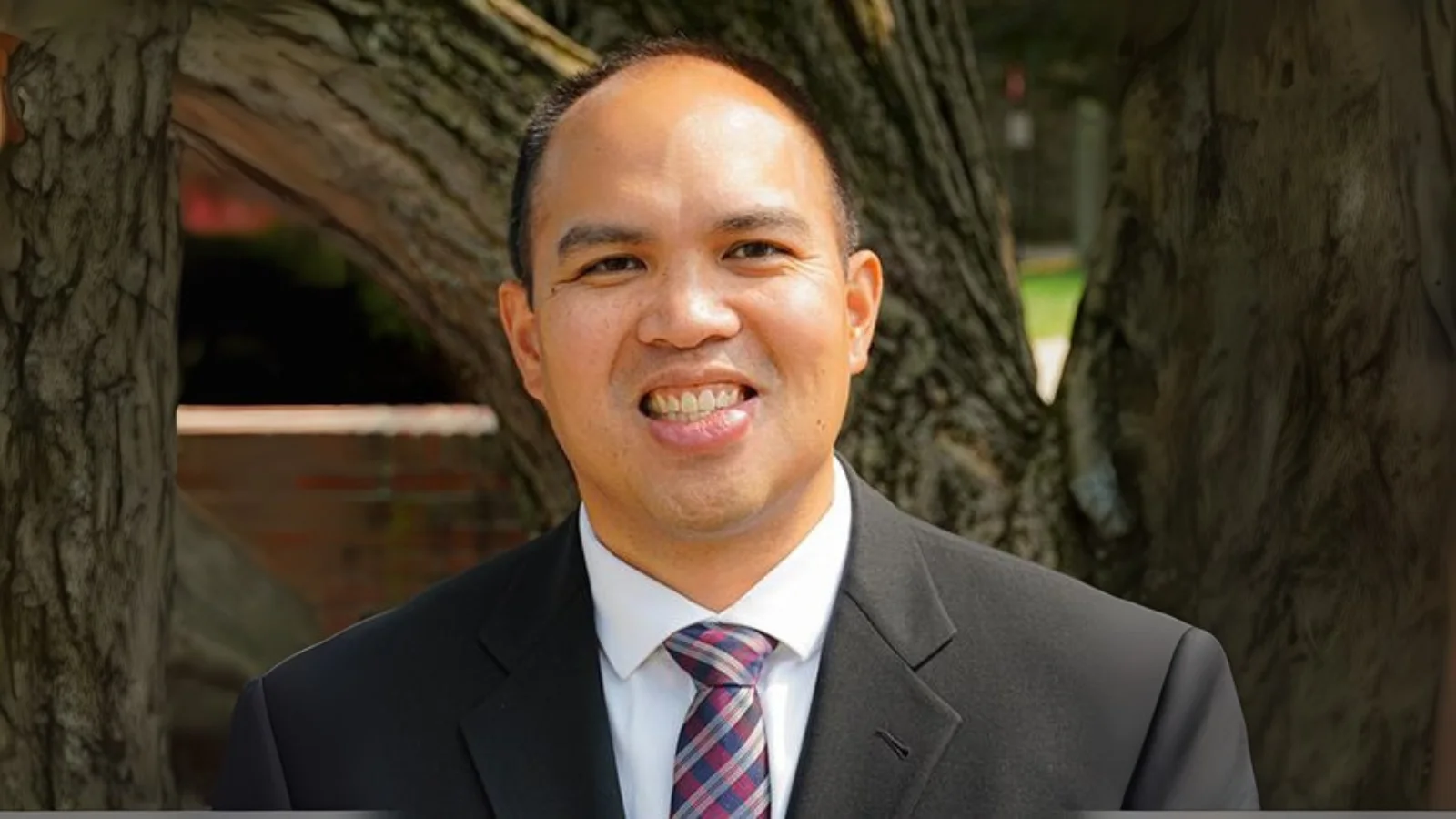
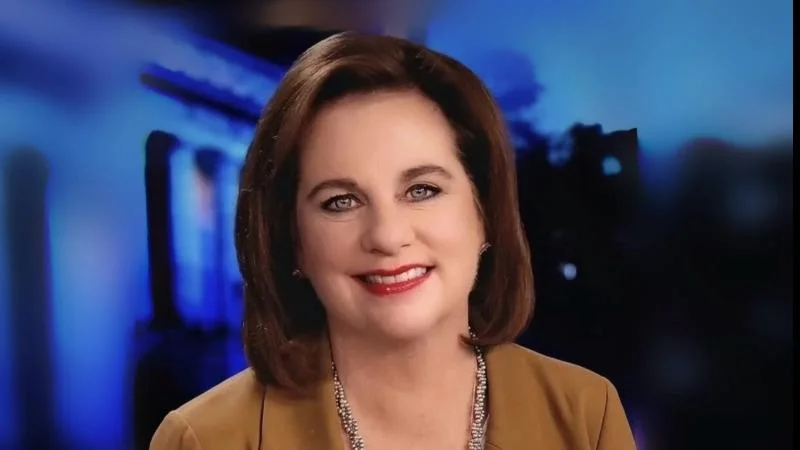
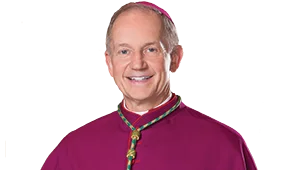
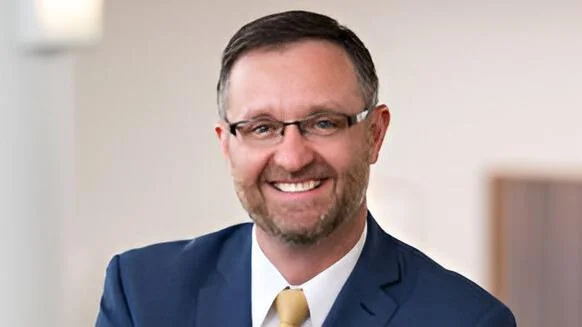

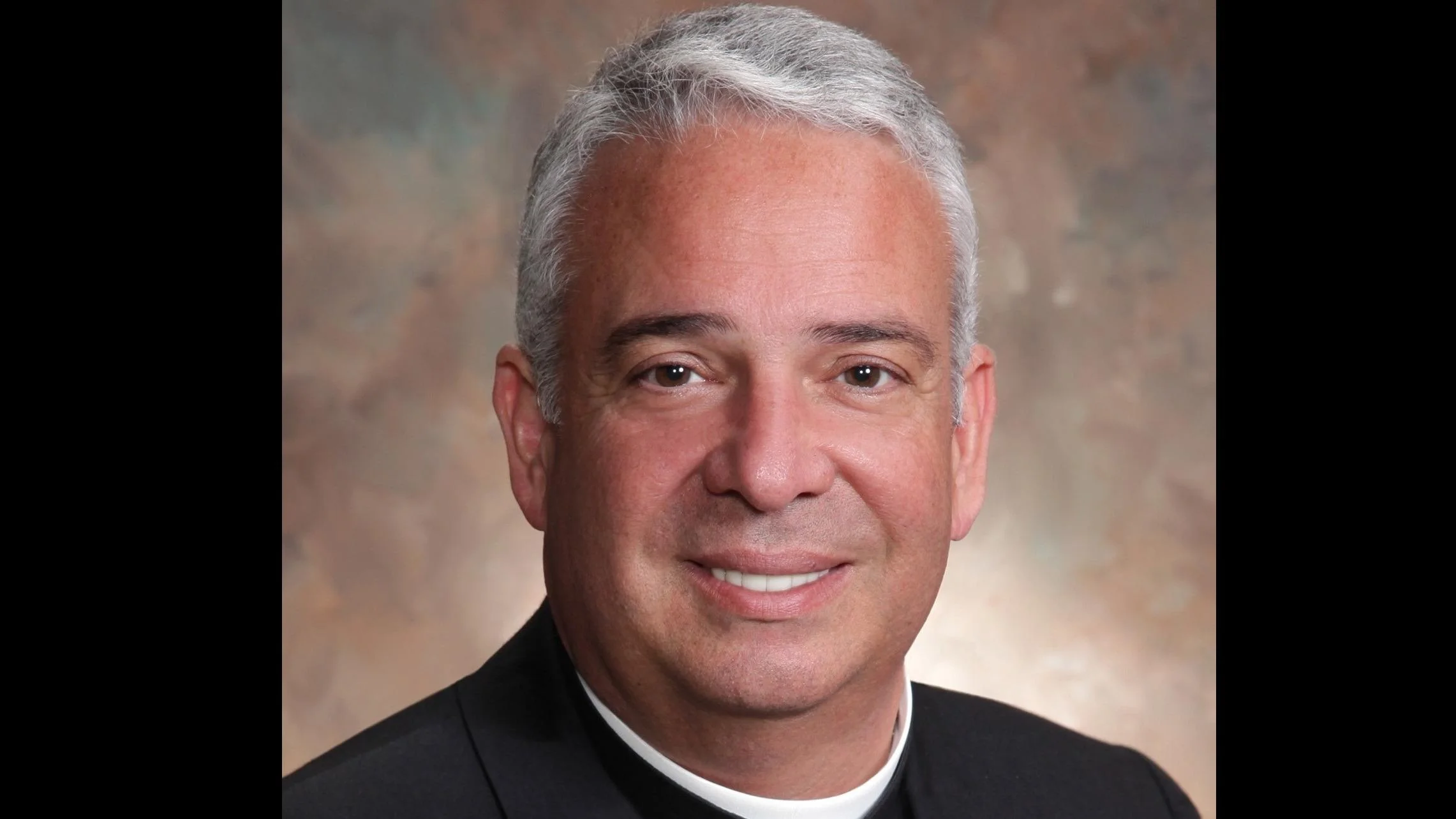
 Alerts Sign-up
Alerts Sign-up